Biography
(No Information)
Filmography
all 12
Movies 9
Writer 6
self 5
TV Shows 3
Information
Known ForWriting
GenderFemale
Birthday1929-03-18
Deathday2011-12-01 (82 years old)
Birth NameChrista Ihlenfeld
Birth PlaceGorzów Wielkopolski, Poland
ChildrenAnnette Simon
RelativesJan Faktor
CitizenshipsEast Germany, Germany
ResidencesKleinmachnow, Germany
AwardsAustrian State Prize for European Literature, Schiller Memorial Prize, Heinrich Mann Prize, Honorary doctorate of the Vrije Universiteit Brussel, honorary doctorate of the Vrije Universiteit Brussel, honorary doctor of the University of Madrid Complutense, Georg Büchner Prize, Nelly Sachs Prize, National Prize of East Germany, Geschwister-Scholl-Preis, Franz Nabl Prize, Literaturpreis der Stadt Bremen, Elisabeth Langgässer Literature Award, Samuel-Bogumil-Linde prize, Thomas Mann Prize
This article uses material from Wikipedia.
Last updated:
Image credit: Irene Eckleben
, CC BY-SA 3.0 de, via Wikimedia Commons
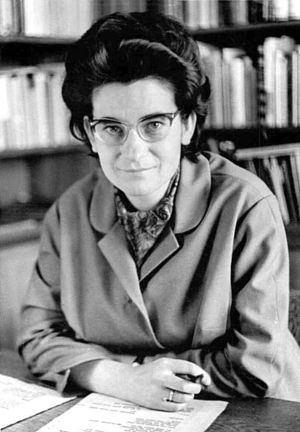 Christa Wolf
Christa Wolf- Filmography
- Information
- Related Persons
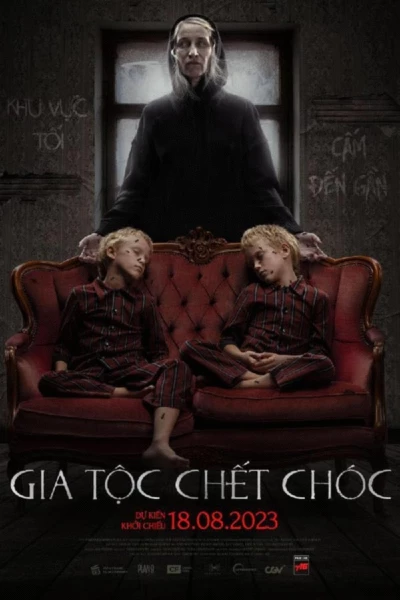

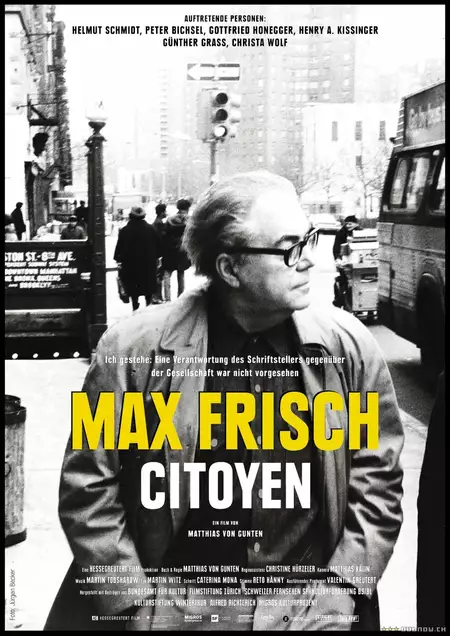
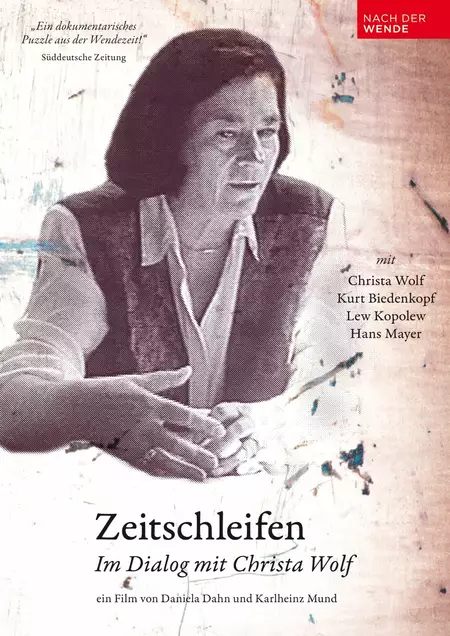
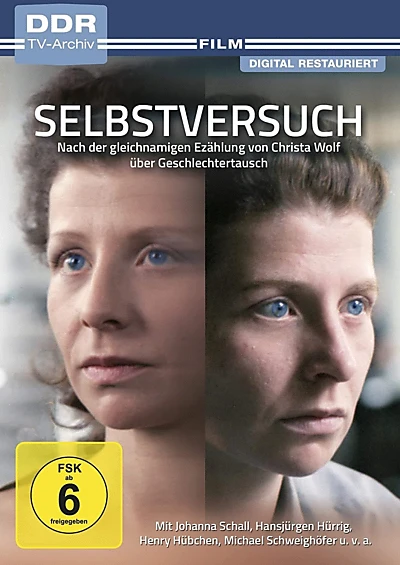
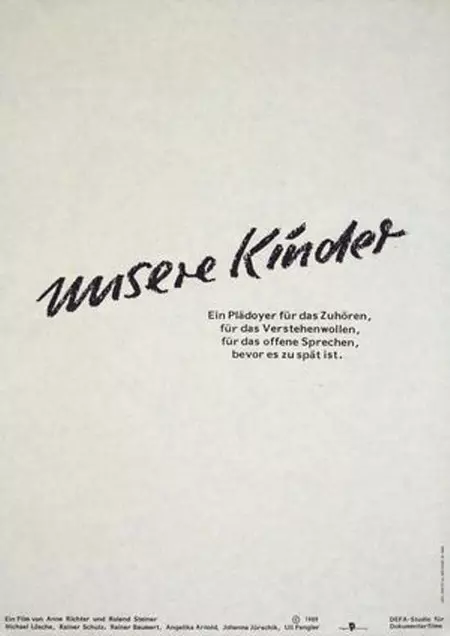
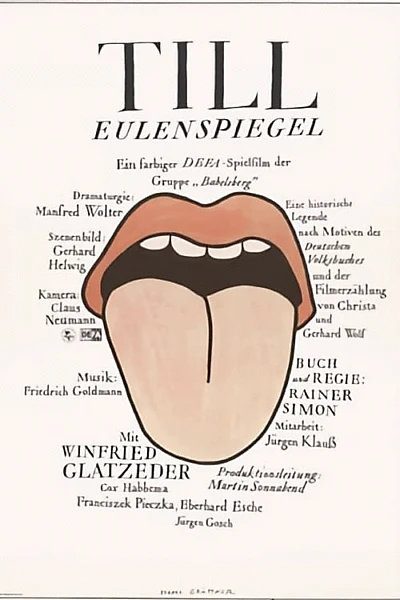
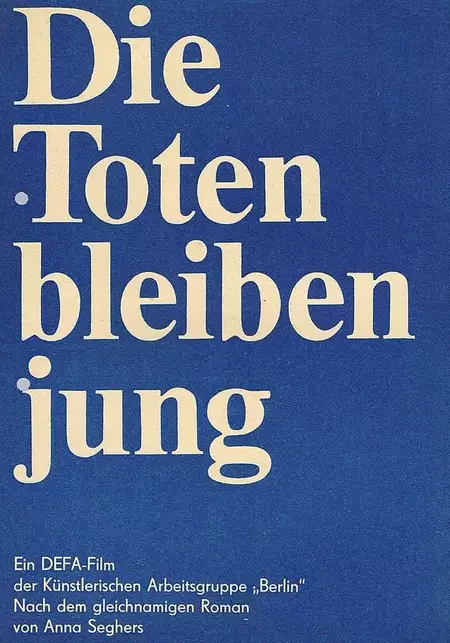
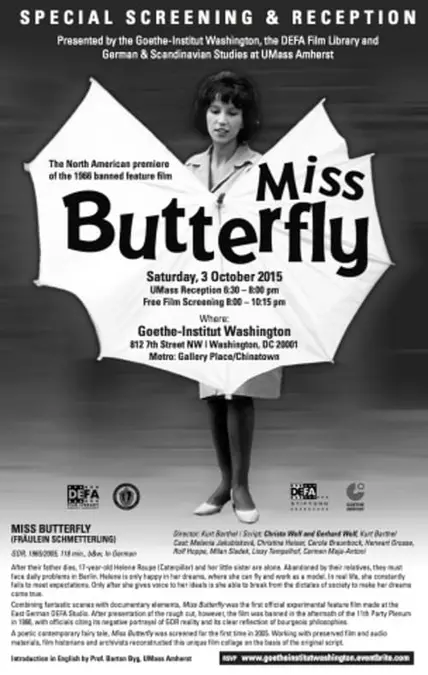
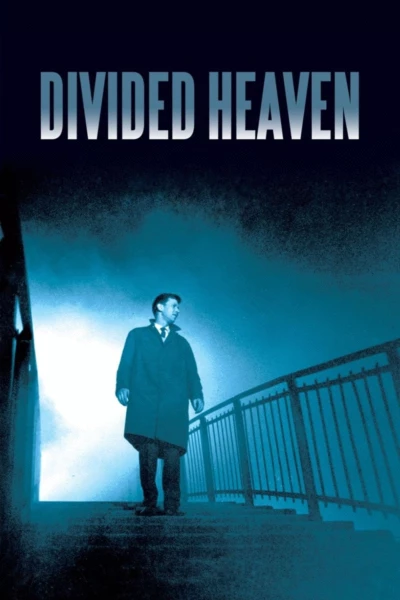
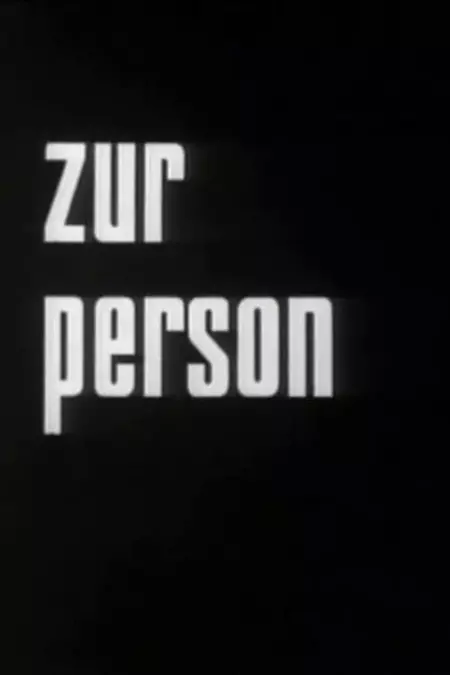

 ,
,